SGGP
According to CNBC news agency, ASEAN countries are cooperating to develop a cross-border payment system in the hope of increasing financial inclusion in the region as well as moving closer to the goal of economic integration.
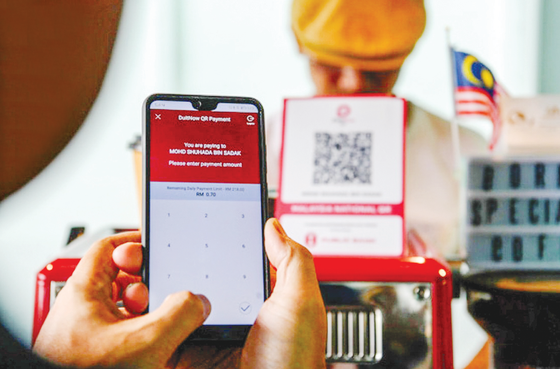 |
| QR Code Payment in Malaysia |
Creative and innovative
The move comes after Indonesia, Malaysia, Thailand, Singapore and the Philippines signed a formal agreement in late 2022. At the ASEAN summit in May, leaders also reiterated their commitment to the project, laying the groundwork for a roadmap to expand regional payment links to all 10 ASEAN members, completing an inclusive financial ecosystem across Southeast Asia.
Analysts say the retail sector will benefit in particular from the move as consumer spending is expected to pick up. The rollout of the cross-border payments system is also seen as an important step in reducing Southeast Asia’s reliance on external currencies such as the US dollar for cross-border transactions, especially between businesses. The greenback’s strength in recent years has led to a weakening of ASEAN currencies, which is hurting economies as most of the bloc’s members are net importers of food and energy.
Mr. Satoru Yamadera, advisor at the Development Impact and Economic Research Department of the Asian Development Bank, assessed the efforts of ASEAN central banks as creative and novel.
Economic benefits
Since June this year, the central banks of Malaysia and Indonesia have been rolling out trade payments between the two countries. By linking payment systems using QR codes, money can be sent from Malaysian digital wallets to Indonesian digital wallets. These digital wallets effectively function as bank accounts, but they can also be linked to accounts at formal financial institutions. Fees and exchange rates will be determined by mutual agreement between the central banks.
This QR payment model charges no fees to cardholders and merchants, and has better conversion rates than those set by private payment processors like Visa or American Express.
According to economic experts, micro-enterprises as well as small and medium-sized enterprises will benefit from ASEAN regional payment connectivity.
Additionally, increased cashless transactions will allow policymakers to capture transaction data and transaction flows more efficiently, which could lead to better economic forecasting and policy making.
However, Japan’s Nikkei Asia magazine warned that there are still challenges for ASEAN in expanding regional payment connectivity. Observers are still waiting for further discussions at the ASEAN finance ministers and central bank governors level in August.
Experts say ASEAN could look to the Nexus project, which was launched by the Bank for International Settlements in March this year to connect the European Union’s Eurosystem with the payment systems of Singapore and Malaysia. The scope of Nexus is expected to extend to Indonesia, the Philippines and Thailand.
Source


![[Photo] General Secretary To Lam attends conference to meet voters in Hanoi city](https://vstatic.vietnam.vn/vietnam/resource/IMAGE/2025/4/17/889ce3da77e04ccdb753878da71ded24)
![[Photo] Hundred-year-old pine trees – an attractive destination for tourists in Gia Lai](https://vstatic.vietnam.vn/vietnam/resource/IMAGE/2025/4/17/25a0b7b629294f3f89350e263863d6a3)
![[Photo] Prime Minister Pham Minh Chinh and Ethiopian Prime Minister visit Tran Quoc Pagoda](https://vstatic.vietnam.vn/vietnam/resource/IMAGE/2025/4/17/18ba6e1e73f94a618f5b5e9c1bd364a8)
![[Photo] President Luong Cuong receives Lao Prime Minister Sonexay Siphandone](https://vstatic.vietnam.vn/vietnam/resource/IMAGE/2025/4/17/337e313bae4b4961890fdf834d3fcdd5)
![[Photo] President Luong Cuong receives Kenyan Defense Minister Soipan Tuya](https://vstatic.vietnam.vn/vietnam/resource/IMAGE/2025/4/17/0e7a5185e8144d73af91e67e03567f41)
![[Photo] President Luong Cuong receives UN Deputy Secretary General Amina J.Mohammed](https://vstatic.vietnam.vn/vietnam/resource/IMAGE/2025/4/17/72781800ee294eeb8df59db53e80159f)
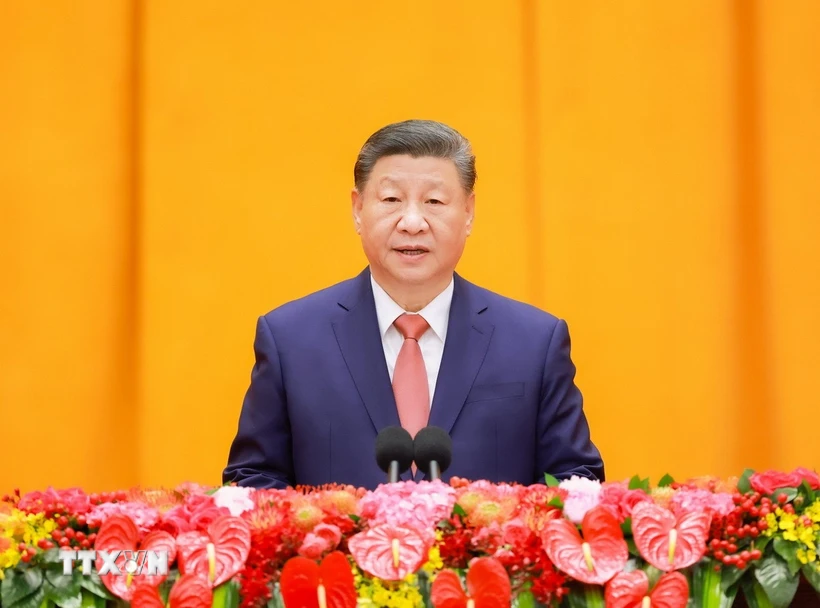

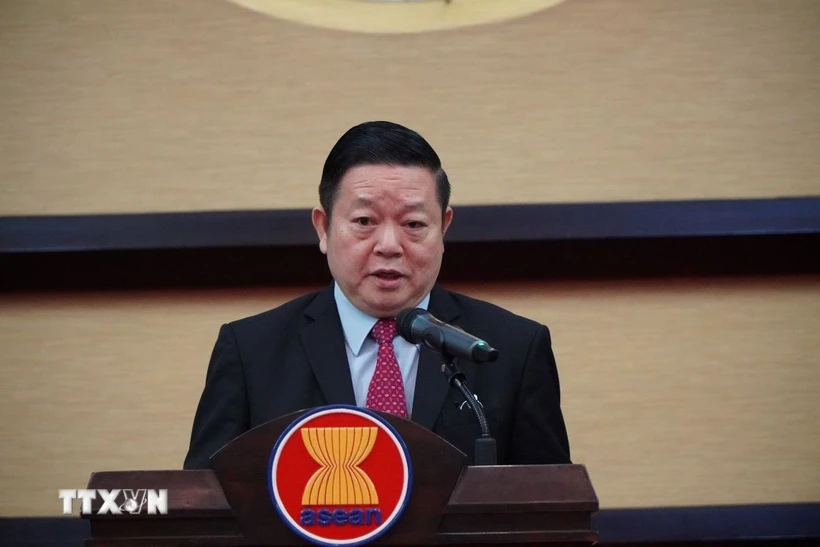







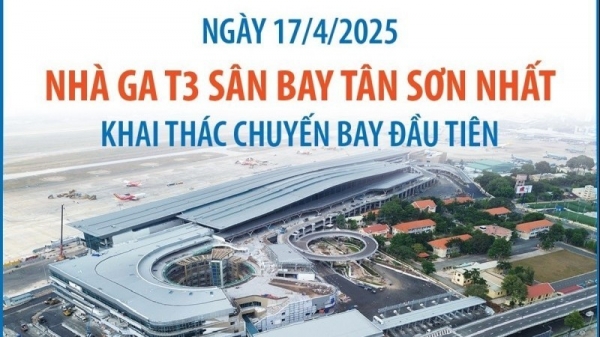
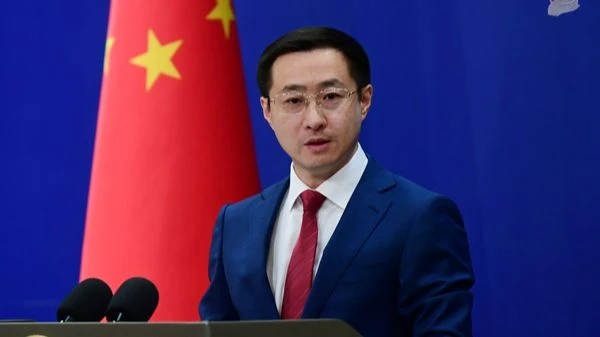
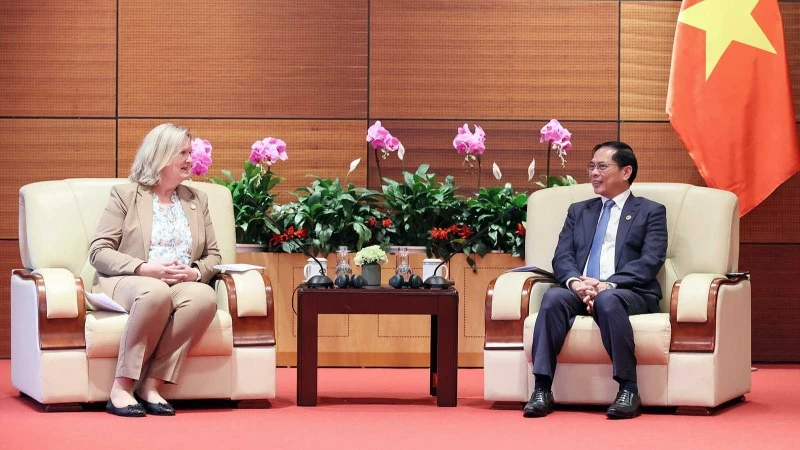

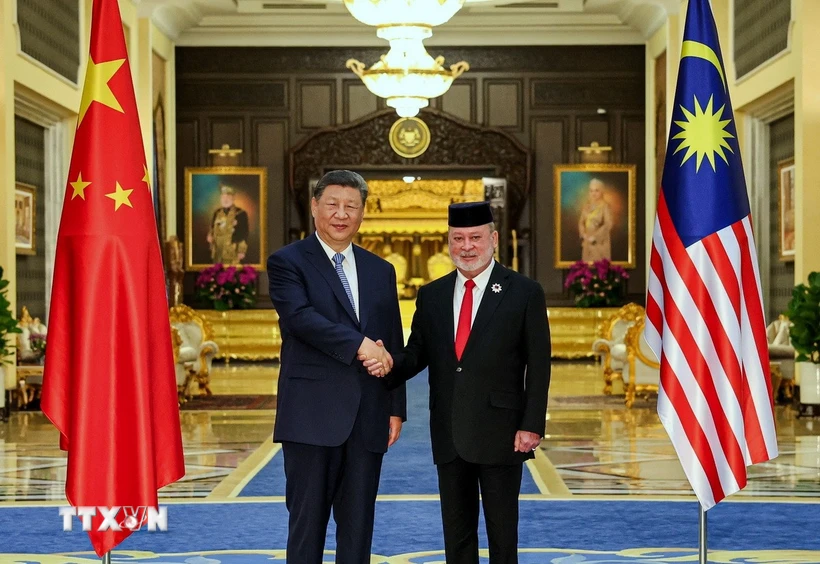
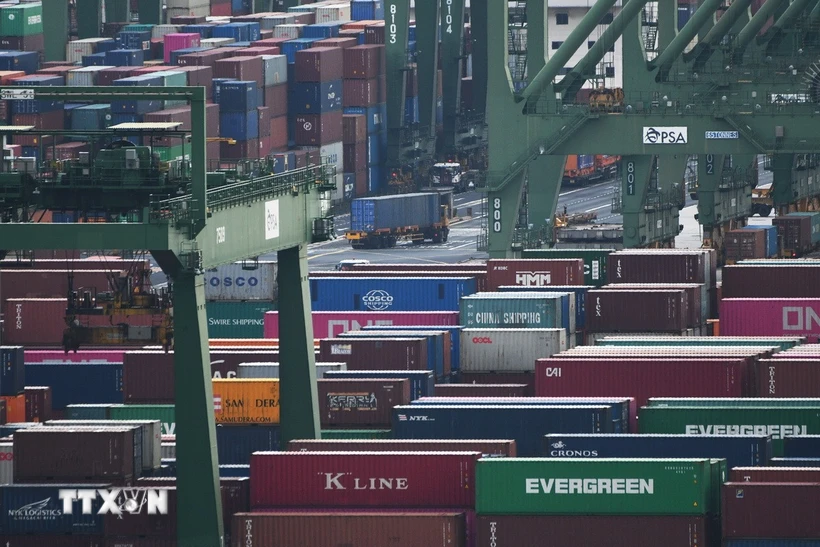









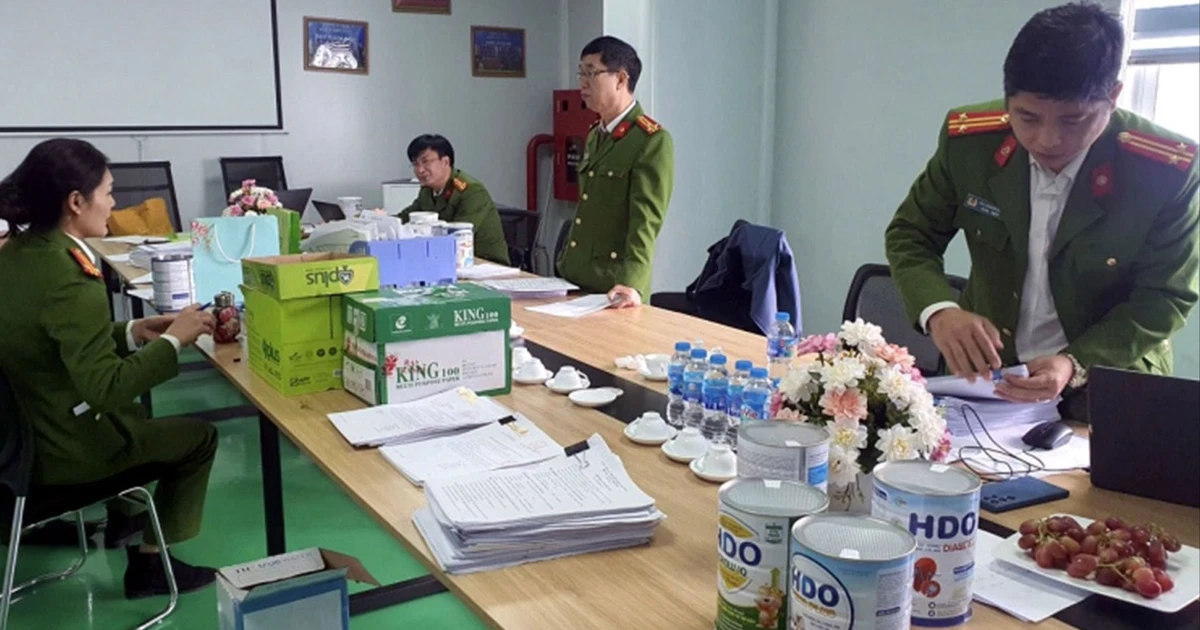





















![[Video] Viettel officially puts into operation the largest submarine optical cable line in Vietnam](https://vstatic.vietnam.vn/vietnam/resource/IMAGE/2025/4/17/f19008c6010c4a538cc422cb791ca0a1)
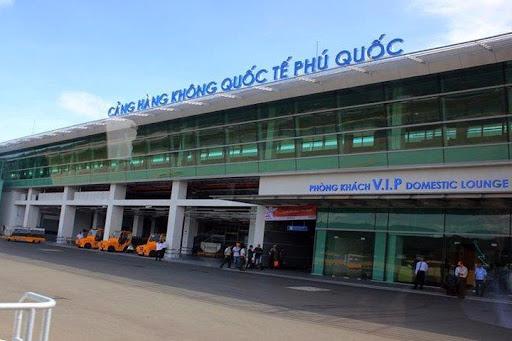





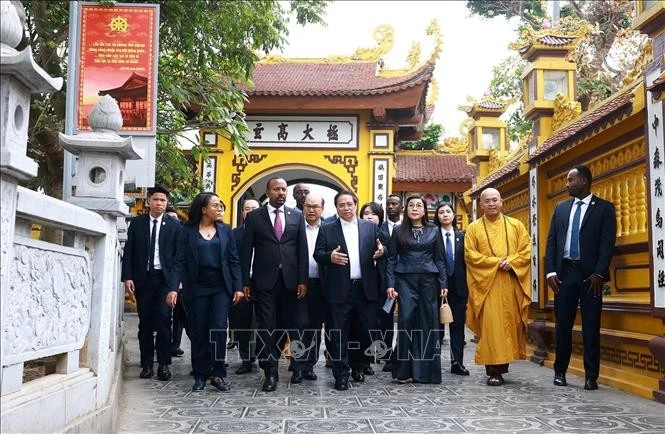

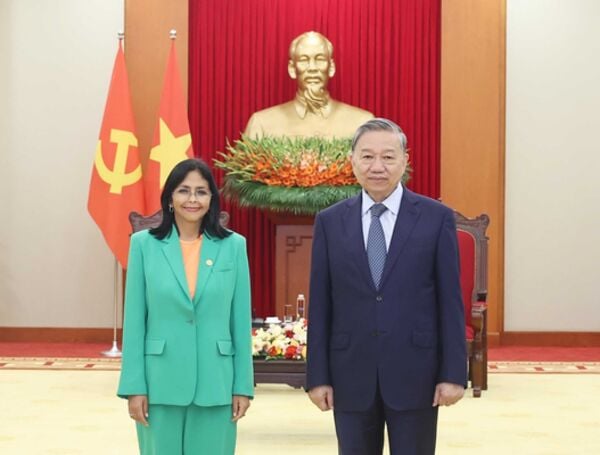
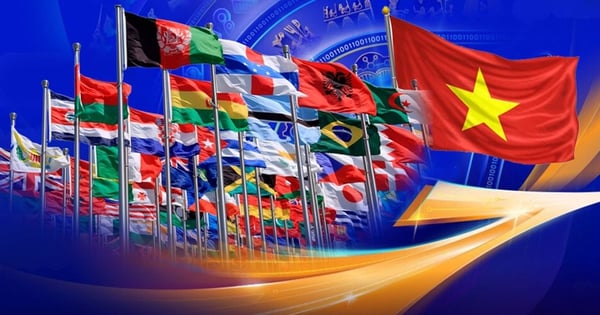





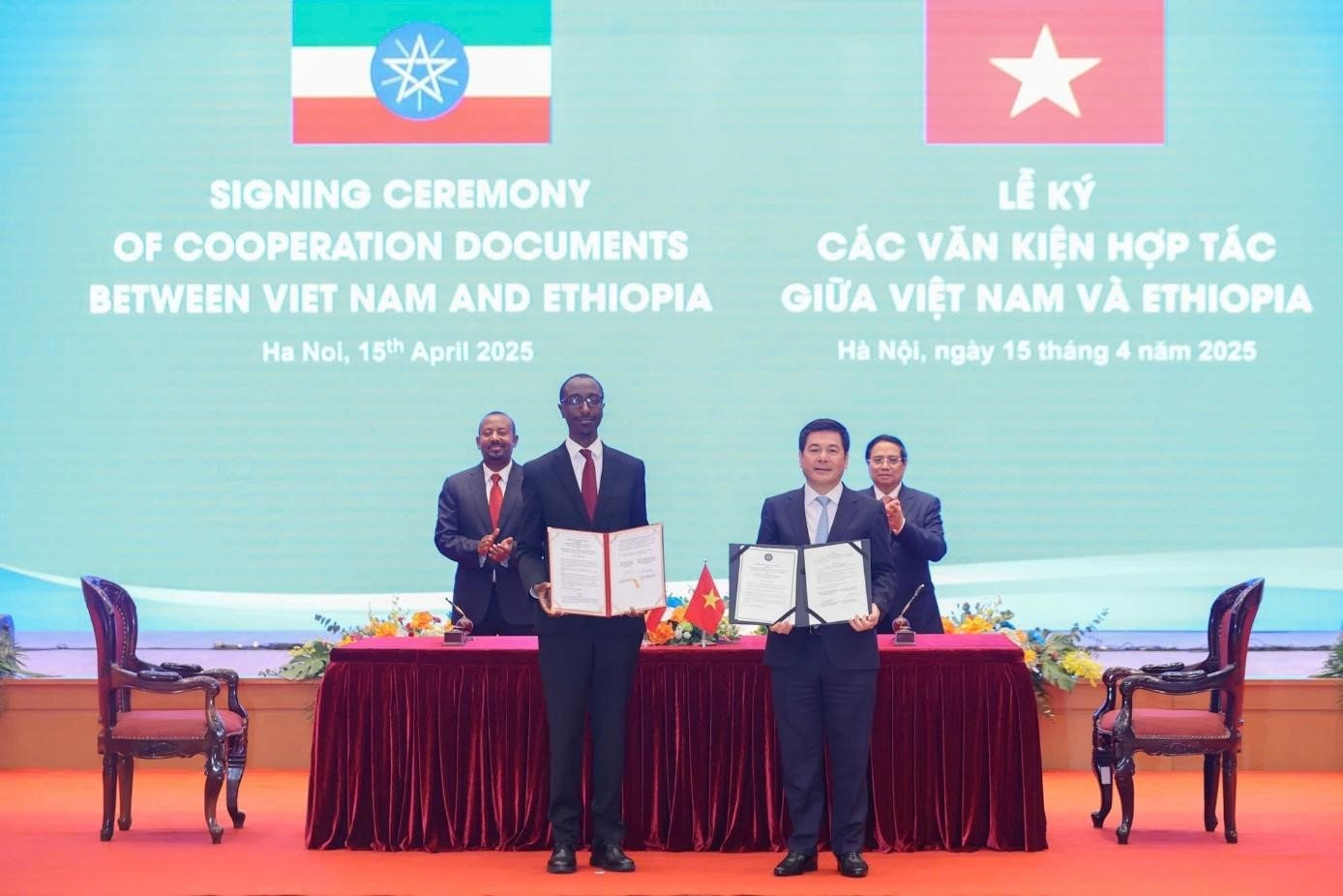



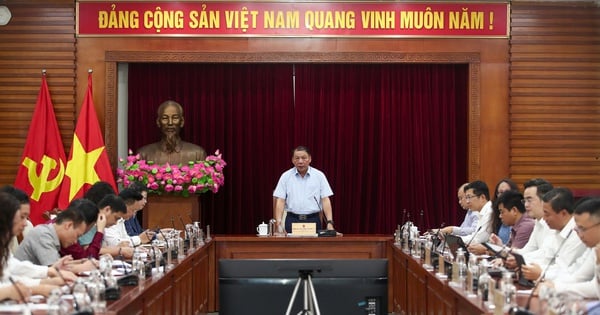




















Comment (0)